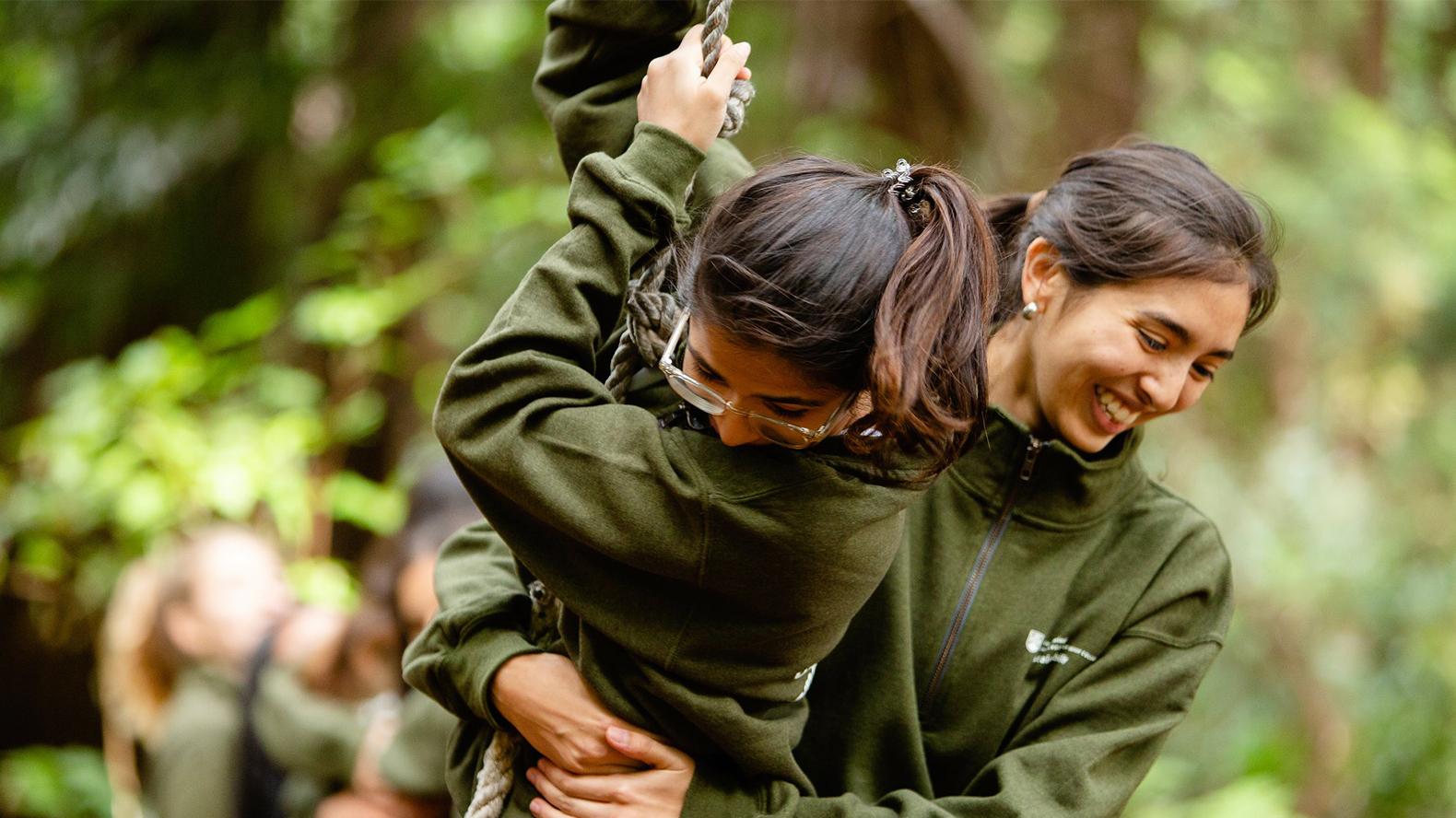
UBC Sustainability sat down with Anjali Mishra and Julia Niebles, who are spearheading UBC’s newest student-directed seminar, ASTU 400X 001. Mishra and Niebles discuss what students interested in sustainability can expect from the course, and how their work as Sustainability Ambassadors shaped their journey to creating the course. The seminar promises a collaborative dissection of the UN’s Sustainable Development Goals within the context of the global development agenda.
Find out more about how the Sustainability Ambassador Program works - open for application until February 10.
What are the SDGs, why are they important, and who are they important to?
Anjali Mishra: The Sustainable Development Goals are the product of the world’s largest global consultation exercise, where researchers went all over the world and asked “What sort of things matter to you?” and “What sort of priorities do we want by 2030?”. As you can imagine, when you go and interview people all over the world, you have lots of different ideas on what the future should look like. They came up with 17 goals for our vision of the future. For anyone who wants to look at tools to leverage social or environmental change, the SDGs can be quite powerful because 193 countries in the world have signed onto them. So it gives student activists, non-profit groups or even governments leverage in seeing the kind of future that they want.
How did the course originate?
Julia Niebles: It was kind of my brainchild. I remember one of my professors mentioning Student Directed Seminars, so I asked Anjali because I know her from our degree programme and we’ve worked together [as Sustainability Ambassadors] before. It’s a rigorous process.
AM: We have a professor as a supervisor who ensures that the course is academically rigorous, but in the classroom itself it will just be students and us, and we’re not considered any higher than the other students. We just facilitate a space where all students can come together and we all direct our own learning. We made this course, we set the topics, but we’re going to be learning alongside our peers and we’ll be graded by our peers, just like our peers will be graded by us, so it breaks the hierarchy that’s so common within higher education.
What can a student expect if they sign up to this?
AM: To shape their own learning like they never have before. For all of the assessments we will come up with a rubric together, and you can choose what sort of metrics which you want to be evaluated on. If you don’t like a project as a class we can talk about amending that project. If we don’t want to cover a topic we don’t have to cover a topic. If you want to talk about something we can talk about it. So just a space to just explore what interests you within the Sustainable Development Goals and development, and just letting yourself follow that idea, not worrying so much about a prescribed structure.
JN: The only requirement is being in third or fourth year. We have an application and we want people to express their interest: we don’t need people to have a specific background, there’s people mainly from international relations and political science, but there’s also people from other fields. We want to encourage an interdisciplinary course, because it’s very discussion-based and we want people to have an interest, because it’s going to be very intensive.
How did your experience as Sustainability Ambassadors shape this programme?
JN: My experience as an ambassador gave me a lot of confidence in managing my own projects and being able to come up with new ideas. Part of the learning process within the ambassadors programme is very hands-off, and what you achieve and how you achieve it is up to you. Having that agency is kind of scary and because as students we are used to being told what to do, so it really changed me, and I am more confident to say I have this idea, and lets find a way to make it happen. Also through the network of peers, because a lot of the people who have signed up are part of the sustainability community at UBC, and without Anjali I wouldn’t have done it by myself.
AM: And I couldn’t have done it without that either. We did the SDG roundtable as Ambassadors where we brought people to see how the goals land at UBC for various clubs, from meditation groups, to Pilates groups, to cultural clubs, and undergrad societies came together and found value in the SDGs. So for me what that signalled that yes, there is value in pursing this further through a course.
JN: I think this also prompted me to explore this within a more academic perspective. I think one of the lessons I’ve learned in sustainability is that it has to be less niche, and more inclusive, and I think there’s an opportunity to bring in more people to the conversation of what’s happening because its affecting all of us. The agenda is so wide that we can find a way to relate what you are already doing to sustainability.